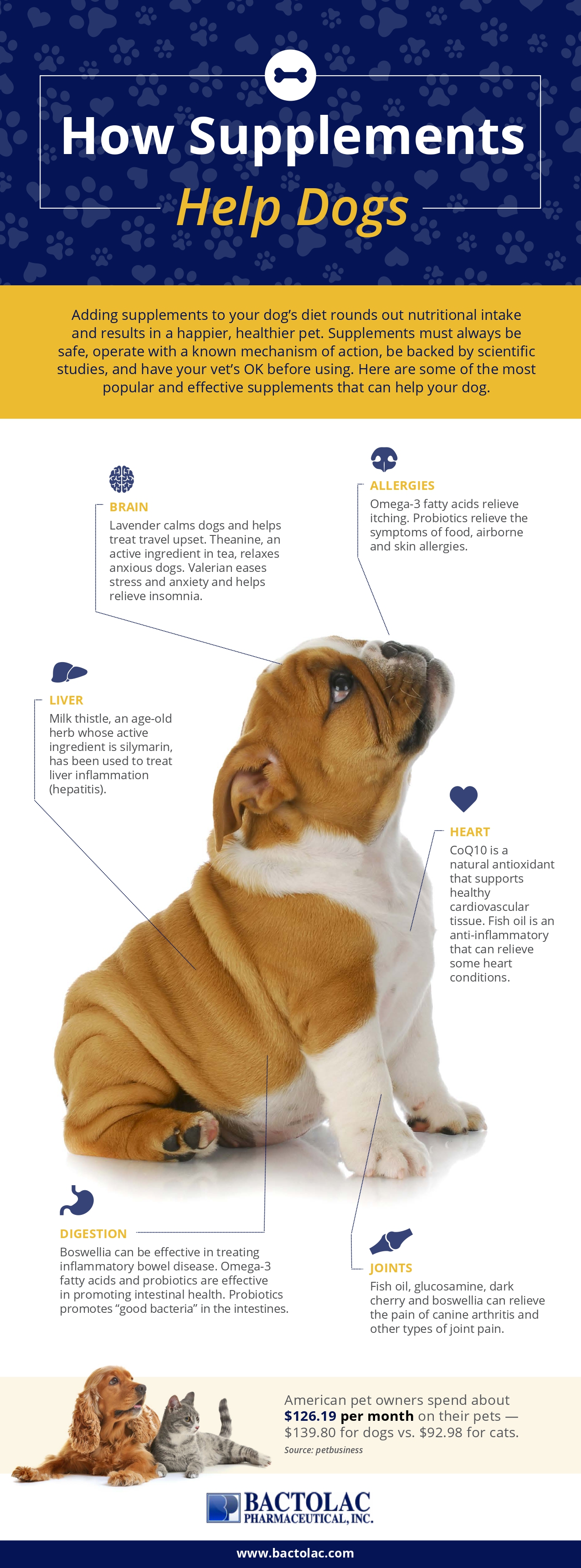Cannabidiol (CBD), a non-psychoactive and highly therapeutic compound, has opened up a new world for most individuals who suffer from a range of physical and mental illnesses. Seeing the benefits on themselves, many are wondering if they can be used by their pets as well. In the west, we are already seeing the trend where pet owners are giving CBD to their pets and seeing a significant difference in their health.
As more people become acquainted with the healing properties of cannabinoids, it may be time to consider CBD as a viable treatment option for man’s best friend. Let’s get to know more about CBD oil for dogs in the post below.
How is CBD oil different from cannabis?
If you are already a pro of CBD oil then you must know that CBD oil for dogs has low THC content making it an appealing option for humans and animals, particularly those who prefer to avoid any psychoactive effects. THC is the compound which is responsible for making people high and higher doses of it have certain benefits for humans but for dogs, it is not considered to be safe.
Two Ways to Use CBD-based Products for pets
CBD oil: CBD oil for pets India comes with a more precise dosage and a faster reaction time. It gives pet owners control over how much CBD their dog consumes. CBD oil has been shown to help dogs suffering from old age symptoms such as nausea, body aches, seizures, anxiety, and loss of appetite.
TOPICAL CBD: Animals suffering from body aches and joint pains can benefit from CBD balm. Topicals are applied to the skin and provide immediate relief.
Why Should You Think About Giving CBD to Your pets?
CBD is frequently mentioned as an effective treatment for a wide range of conditions, including pain management, arthritis, anxiety, seizures, and even cancer.
Arthritis: CBD has anti-inflammatory properties and that is the very reason why it could aid in the treatment of certain inflammatory conditions. One of the most common inflammatory conditions in dogs is osteoarthritis, also known as arthritis. One in every four dogs will be diagnosed with arthritis during their lifetime, and some estimates put the figure as high as 60%.
Seizures: Seizures are probably the most researched application of CBD in humans, but there is little research for pets. Seizures in dogs can be caused by a wide range of underlying conditions. In the case of idiopathic epilepsy, some research suggests that CBD may be useful in reducing seizure frequency in these dogs. However, these advantages are only seen in dogs who are also given traditional anti-seizure medications.
Cancer: CBD has been studied in humans for its potential use in cancer patients, both to treat the tumor (s) directly and to treat the secondary symptoms of cancer and chemotherapy. There has been very little research on the use of CBD in dogs with cancer.
Anxiety: The most common misconception is that CBD can help dogs with anxiety. In theory, CBD could indirectly reduce anxiety caused by pain or inflammation by reducing pain and inflammation.
So we are saying,
CBD has been shown to help with a wide range of conditions, including arthritis, inflammation, stress disorders, anxiety, chronic pain, and seizures. Overall, preliminary research suggests that CBD comes with a variety of benefits that can help relieve your pet’s discomfort. Putting an end to the stigma surrounding CBD will necessitate extensive scientific research. When using hemp-based products on your pet, you must be patient. Pay attention to dosing guidelines and always begin with the lowest dose to monitor and observe the effect on your pup. Dog owners should always think about where CBD brands get their oil. It is important to source the oil from reputable suppliers who conduct third-party lab tests. Another critical factor is to consult with a qualified veterinarian to determine the best course of treatment for their faithful companion.
Infographic created by Bactolac Pharmaceutical, Industry-Leading Nutritional Supplement Manufacturer


